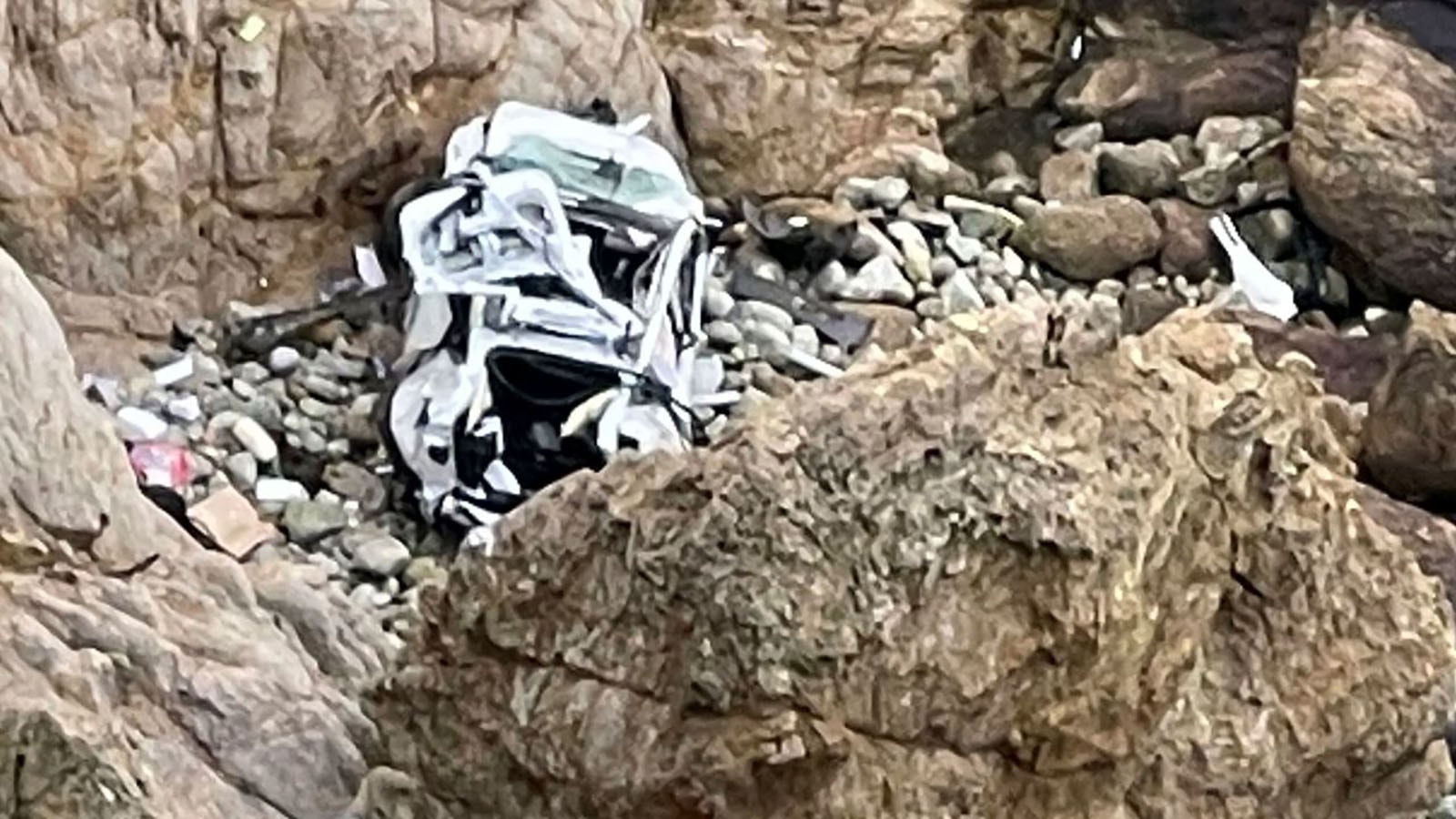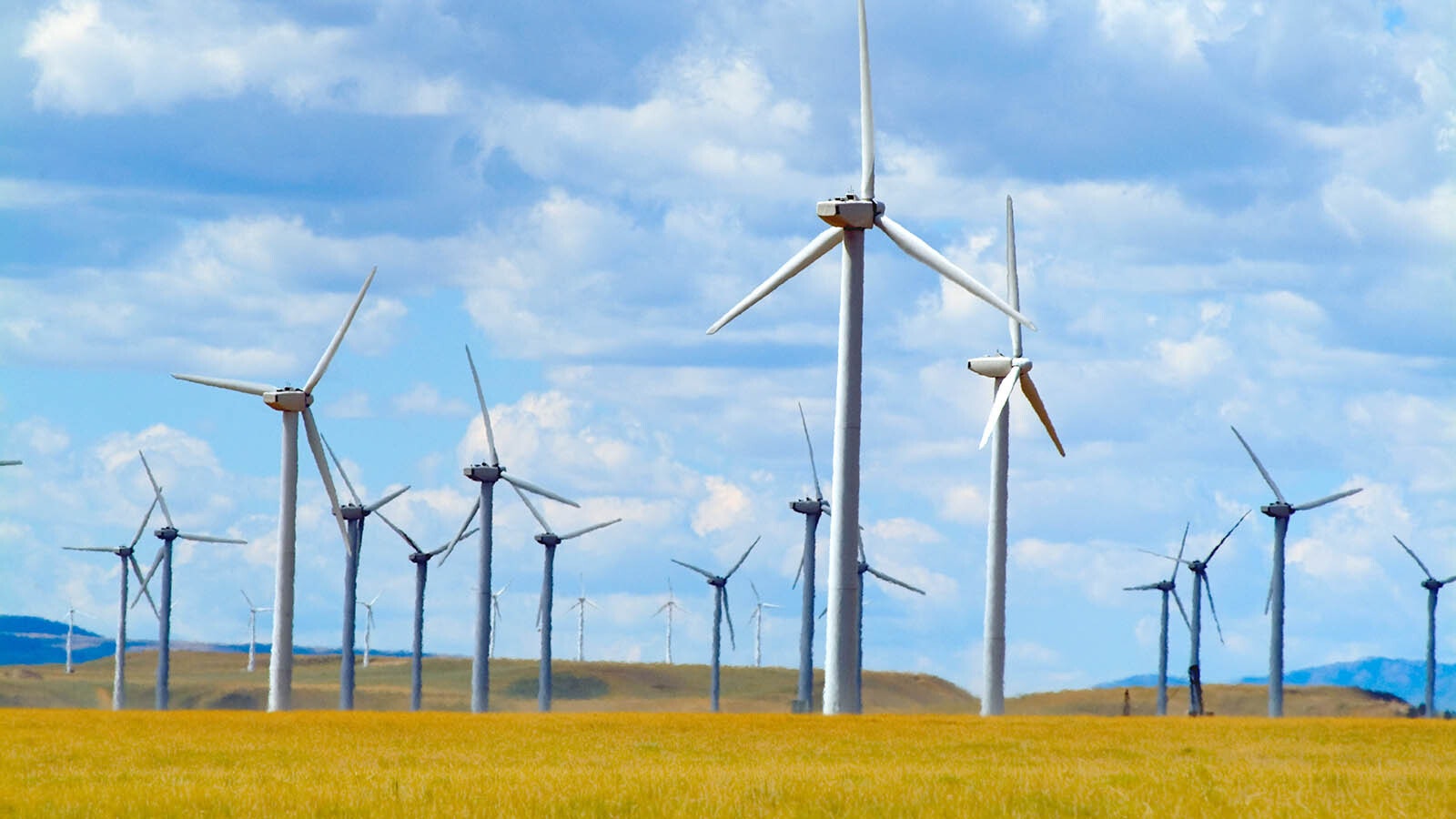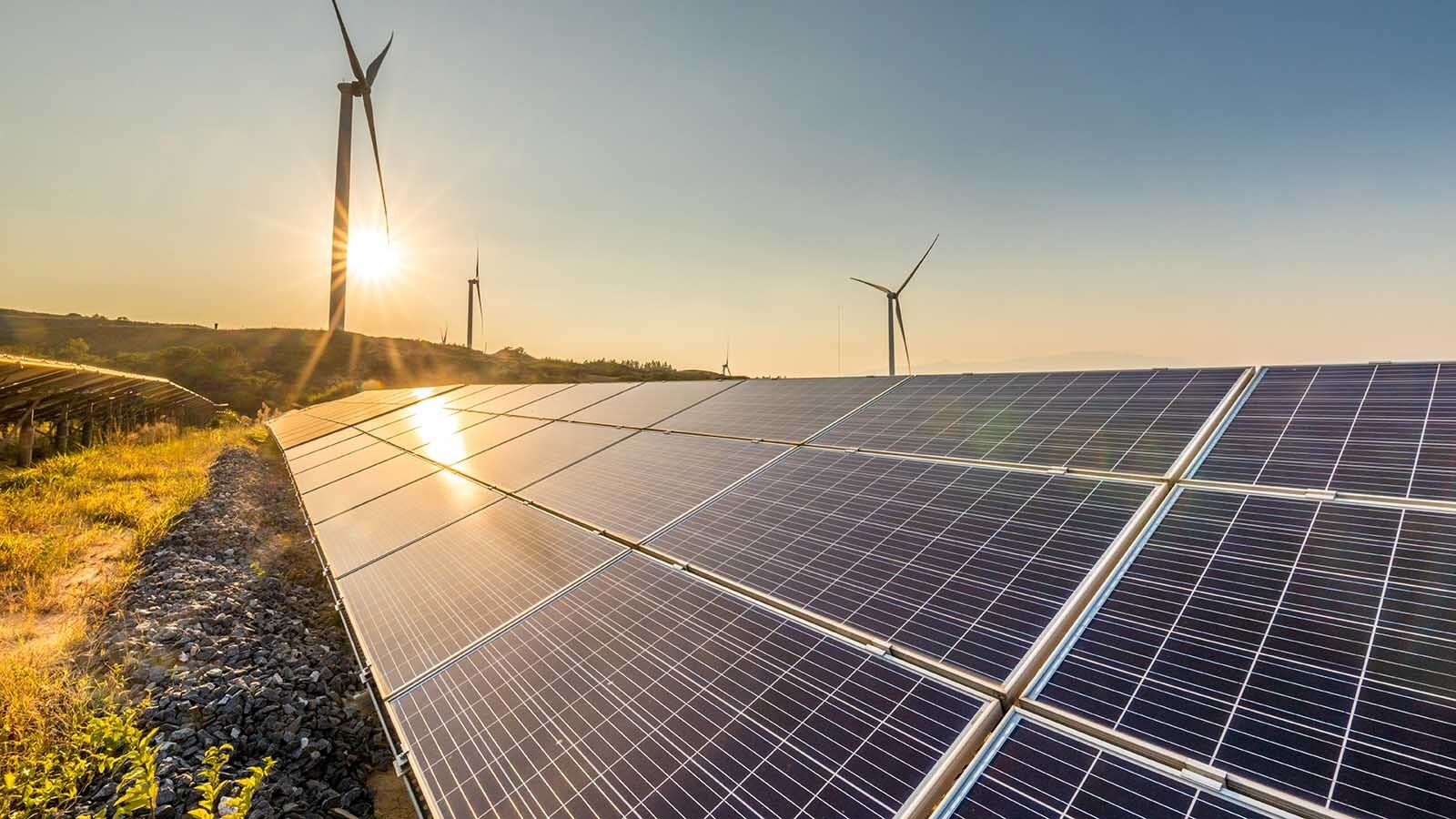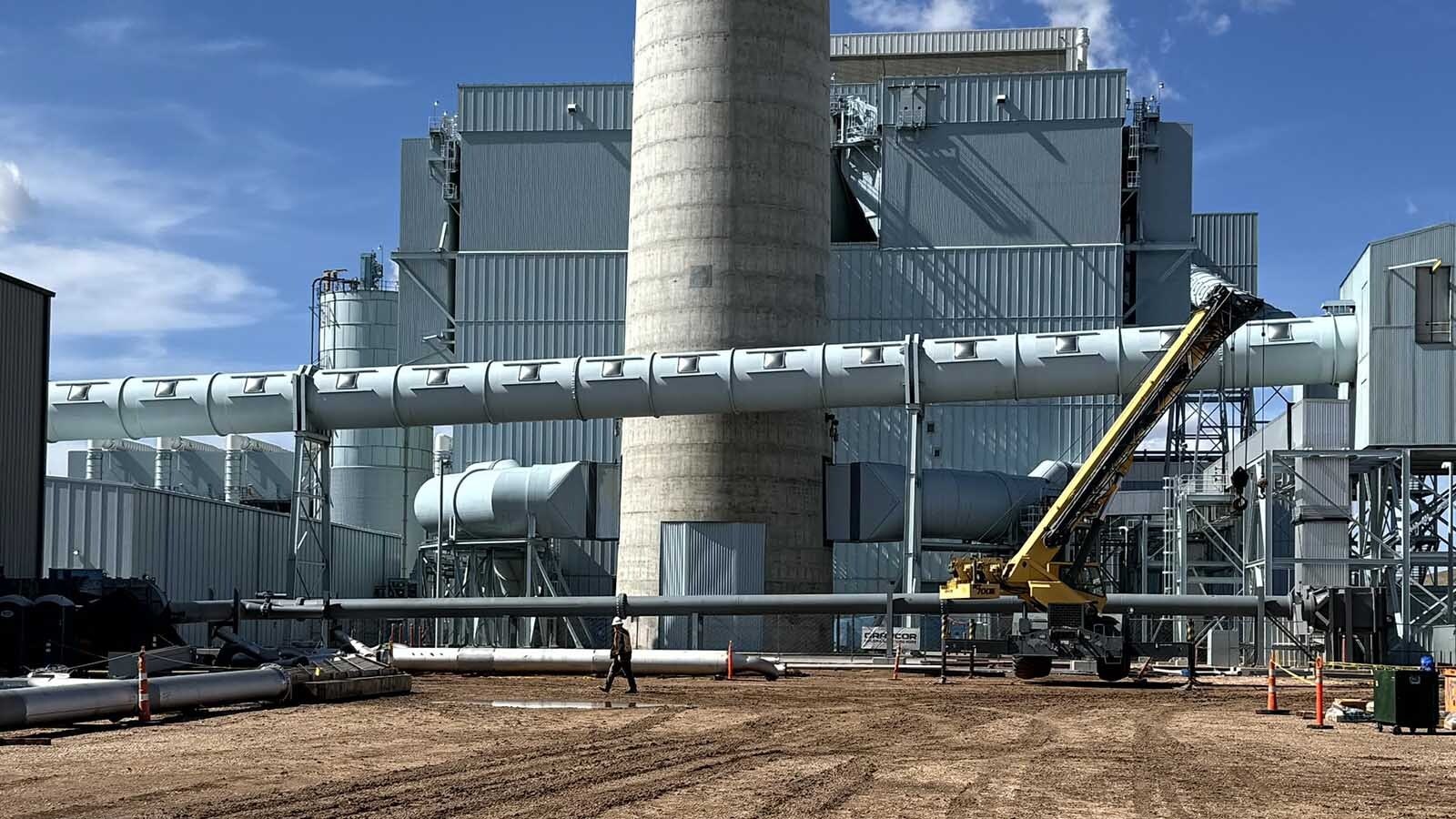One benefit of owning an electric vehicle is they don’t explode as much as a car with an internal combustion engine.
Take the incident on Monday night when a Tesla plunged off a 300-foot cliff in California and all four occupants survived.
First responders call it a miracle. The fact that there was not an explosion upon impact obviously helped.
A battalion chief for a firefighting unit in the area told CNN the car flipped several times before it came to rest at the bottom of the cliff.
There has been no determination if the vehicle was in self-driving mode, a feature Teslas are equipped with. Whatever the case, the CHP doesn’t believe it was a factor.
Fewer Injuries
Reports of EVs catching fire while charging are widely shared on social media, and a number of news stories circulated after Hurricane Ian detailing how flooded EVs could burn.
A 2017 study by Battelle, a nonprofit applied science and technology development company, for the National Highway Traffic Safety Administration found that the frequency and intensity of fires in lithium-ion battery systems are comparable or slightly less than gas- and diesel-powered cars.
According to Myth Busters, 174,000 vehicle fires were reported in 2015, and almost all of them involved gas-powered cars.
A study by the National Highway Traffic Safety Administration (NHTSA) concludes that injuries in crashes are less likely when the car is electric compared to those of conventional cars. However, the cost of repairs was much higher.
During NHTSA crash protection tests, the Tesla Model S ended up breaking the testing equipment.
Common Fires
While batteries can experience runaway heat and catch fire, they don’t ignite or explode like gasoline can. Any flames are preceded by smoke and the smell of electrical fires.
Dr. Jason Bloomberg, a Cheyenne EV enthusiast who has owned a number of electric vehicles over the years, said he’s never had a battery fire – not even in some early EVs he had converted from gas-powered vehicles. These custom EVs were powered by lead-acid batteries.
Before he was an overnight inpatient hospitalist, Bloomberg was a firefighter, and he said vehicle fires were not uncommon.
“I went out on a lot of vehicle fires, and they were all the kind that people call conventionally fueled,” Bloomberg said.
Ill-fated Prius
He did have a fire incident with a 2008 Prius.
With batteries salvaged from a wrecked Nissan Leaf, he had it converted to a plug-in model hybrid, meaning he could plug it in and charge it without the engine running.
“I used about seven gallons of gasoline a year,” Bloomberg said.
One day, he came out of his house and smelled a “really acrid” scent and noticed smoke coming out of the driver-side taillight on the Prius, and the windows were all blacked out.
He had just filled the car up and it was smoldering in his carport. In the interest of not having his house catch fire, he fired up a diesel tractor and pulled the Prius safely away from the house.
After the fire was extinguished, Bloomberg examined the batteries. While they had been charred by the fire, they didn’t exhibit the melted metal effect when a battery overheats. Instead, it turned out to be rodents had chewed through some wiring leading to the taillights.
By contrast, he had a neighbor a few years before who kept a couple classic 1960s and 1970s cars. He got a fuel leak while he was working on one and it caught fire. It destroyed both classic vehicles and a lot of his house.
According To Tesla
Tesla has done its own research into the flammability of its vehicles.
In a 2020 environmental, social and governance statement, the company claims Tesla vehicles are the safest cars in the world.
The U.S. average for the number of vehicle fires per billion miles driven between 2012 and 2020 was more than 50. Tesla models average five vehicle fires per billion miles driven.
Bottom line: Your car, whether it has an internal combustion engine or is an electric vehicle, is not likely to blow up.
Car and Driver summed it up well.
“Regardless of whether you drive a Rivian, a Prius, or a Cutlass Supreme donk, your car probably won’t ever catch fire. But if you still want to wear Nomex underpants, we’re not gonna stop you,” they wrote.





